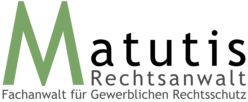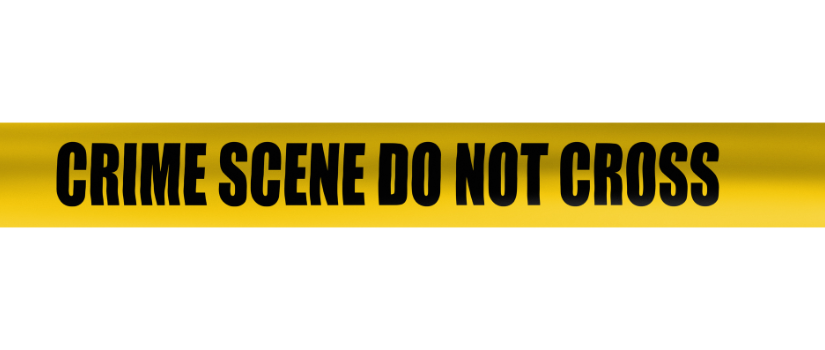Whistleblowers have the opportunity to report violations of laws and regulations.
Below are some examples of violations that you can report:
Legal Regulations and Safety:
e.g., An employee of the company falsifies the safety tests for a new product. As a result, the product is not safe and can lead to injuries (Product Safety Act).
Environmental and Health Protection:
e.g., The company illegally dumps toxins into a body of water. This contaminates the drinking water and leads to health problems in the population (Water Resources Act).
Economy and Consumer Protection:
e.g., The company sells counterfeit medicines. This endangers patients (Medicinal Products Act).
A public institution awards public contracts to a company that did not submit the best bids. This harms the taxpayer (Act against Restraints of Competition).
Finance and Security:
e.g., The company launders money from illegal activities. This finances criminal offenses (Money Laundering Act / German Criminal Code – StGB).
Energy and Technology:
e.g., The company sells food contaminated with pollutants. This endangers consumers (violation of the Food and Feed Code).
Therefore, a wide variety of legal regulations can be affected.
What is always crucial here is the connection to the company and whether the alleged act is indeed one that is subject to a criminal penalty.
In the following examples, this threshold has been crossed, so these would be cases under the Whistleblower Protection Act (HinSchG):
- An accountant at a company notices that her boss regularly accepts bribes from suppliers. In return, he promises them that they will receive certain contracts.
- An employee of a construction company is asked by a client to manipulate a building application to obtain a building permit for an illegal construction project.
- An employee of a bank allows a customer to deposit funds from illegal activities into their account, knowing that the funds originate from a criminal act.
- An employee of a bank prepares a loan application for a customer, knowing that the customer will not be able to repay the loan amount.
- An employee of a company embezzles company funds.
- A company sells counterfeit products or services.
- A company regularly has its employees work overtime without providing compensation or time off in lieu.
- The agricultural company uses banned pesticides on its fields. The pesticides are harmful to the environment and the health of humans and animals.
- The company stores personal data of customers without their consent. The data is used for marketing purposes.
The following cases, on the other hand, may be morally questionable but are not yet punishable under criminal or regulatory law, so they do not yet fall under the Whistleblower Protection Act (HinSchG):
- An employee of a company goes out to eat with a supplier. The supplier pays for the meal.
- An employee of a company receives a Christmas gift from a supplier. The gift has a value of 50 euros.
- An employee of a company is asked by a client to expedite a building application. The employee promises to take care of it.
- An employee of a public authority is invited by a company to attend a conference. The conference takes place in a luxury hotel.
- An employee of a bank prepares a loan application for a customer, although he is not sure if the customer can repay the loan amount.
- An employee of a company is pressured by his boss to work overtime, although he cannot. The employee is tired, unfocused, and afraid of losing his job if he does not work the overtime.
- An employee of a company is discriminated against because of his union membership. He is not considered for a promotion because he is in a union.
Since the distinction is not always easy, we, as a law firm, undertake the assessment of a corresponding report to determine whether it is likely a case under the Whistleblower Protection Act (HinSchG) or if this framework is not yet applicable.

